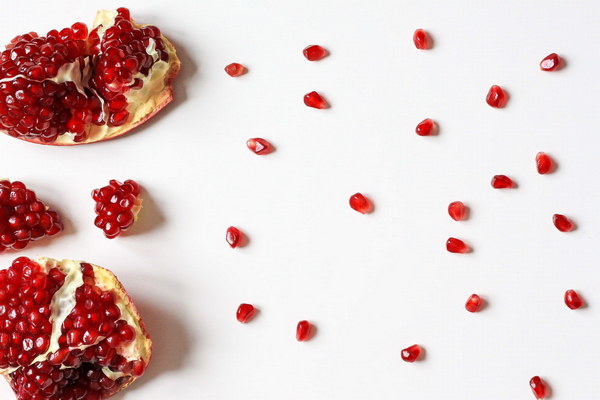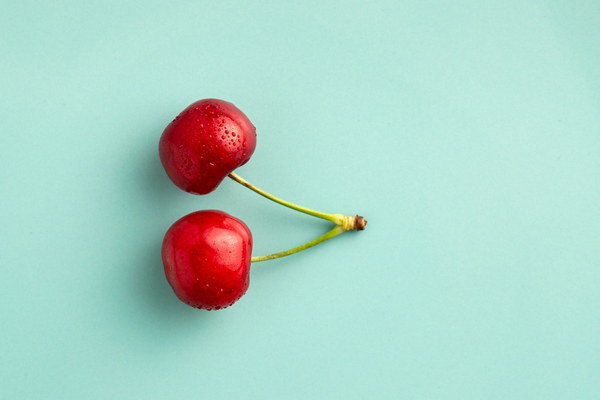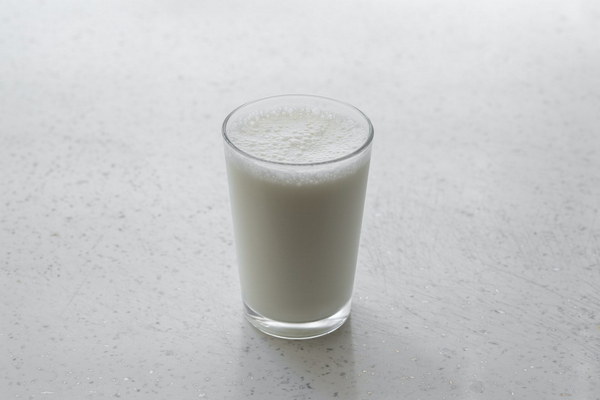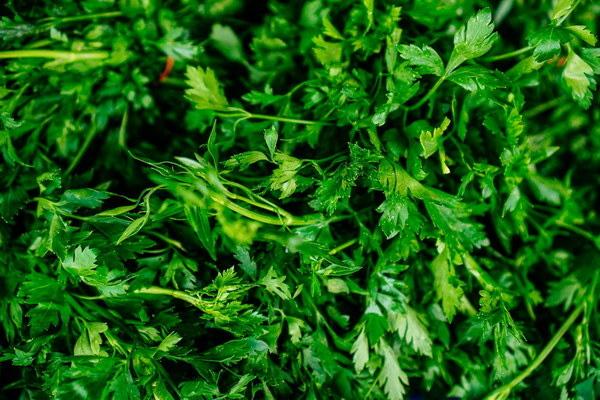The Time-Honored Remedy How Xixin Herb Fights Dampness in Traditional Chinese Medicine
In the realm of traditional Chinese medicine, the herb Xixin, also known as Asarum sieboldii, has long been revered for its effectiveness in treating dampness-related conditions. Dampness is a fundamental concept in Chinese medicine, referring to an imbalance in the body's moisture levels, which can manifest in various ways, from mild discomfort to severe illnesses. This article delves into the properties of Xixin and its role in dampness elimination, as well as its application in various therapeutic contexts.
Understanding Dampness in Chinese Medicine
Dampness is considered an external pathogen in Chinese medicine, often brought about by exposure to damp, rainy weather or an overindulgence in cold, wet foods. When dampness invades the body, it can obstruct the meridians and organs, leading to symptoms such as fatigue, joint pain, edema, and digestive issues. Xixin is a key herb used to address these symptoms by expelling the dampness and restoring balance.
Properties of Xixin
Xixin is a rhizome that belongs to the Aristolochiaceae family. It is native to Japan, Korea, and parts of China. The herb is known for its strong, acrid, and warm properties, which make it a potent agent against dampness. Xixin's primary functions include:
- Dispersing dampness and coldness
- Relieving joint pain and stiffness
- Expelling phlegm
- Invigorating the meridians
Therapeutic Applications of Xixin

Xixin is commonly used in the treatment of the following conditions:
1. Arthralgia: Joint pain, especially in the lower back and legs, often associated with dampness and cold.
2. Damp-heat Dysentery: Diarrhea accompanied by damp heat, characterized by abdominal pain and a feeling of fullness.
3. Dampness-Induced Edema: Swelling caused by excess fluid retention in the body.
4. Phlegm-Induced Cough: Coughs that are productive of thick phlegm, often due to dampness in the lungs.
Herbal Formulas Containing Xixin
Xixin is often combined with other herbs to enhance its therapeutic effects. Some notable herbal formulas that include Xixin are:
- Xixin San: A traditional formula used for treating damp-heat dysentery.
- Er Chen Tang: This formula is used for treating dampness with symptoms of fatigue, poor appetite, and edema.
- Shen Ling Bai Zhu San: A combination formula that aims to invigorate the spleen and expel dampness.
Precautions and Side Effects
While Xixin is a valuable herb in Chinese medicine, it is important to use it judiciously. The herb can be toxic in large doses or if taken over an extended period. It is also contraindicated in cases of yin deficiency or during pregnancy. It is always advisable to consult with a qualified TCM practitioner before using Xixin or any herbal remedy.
Conclusion
Xixin stands as a testament to the rich heritage of traditional Chinese medicine, offering a natural and effective solution for dampness-related conditions. Its unique properties make it an invaluable herb in the treatment of a wide range of ailments, from arthralgia to edema. As the practice of Chinese medicine continues to gain popularity worldwide, Xixin remains a beacon of traditional wisdom, guiding practitioners in the pursuit of holistic health.









